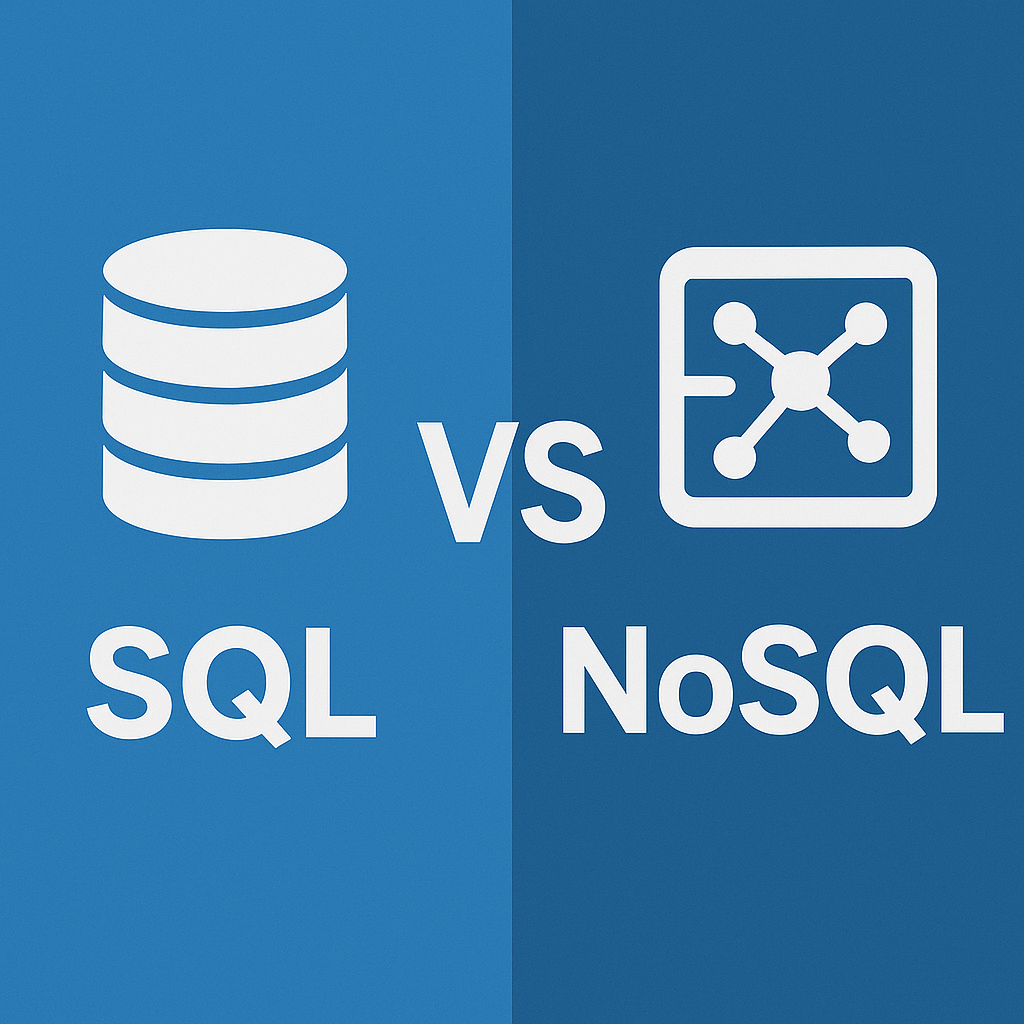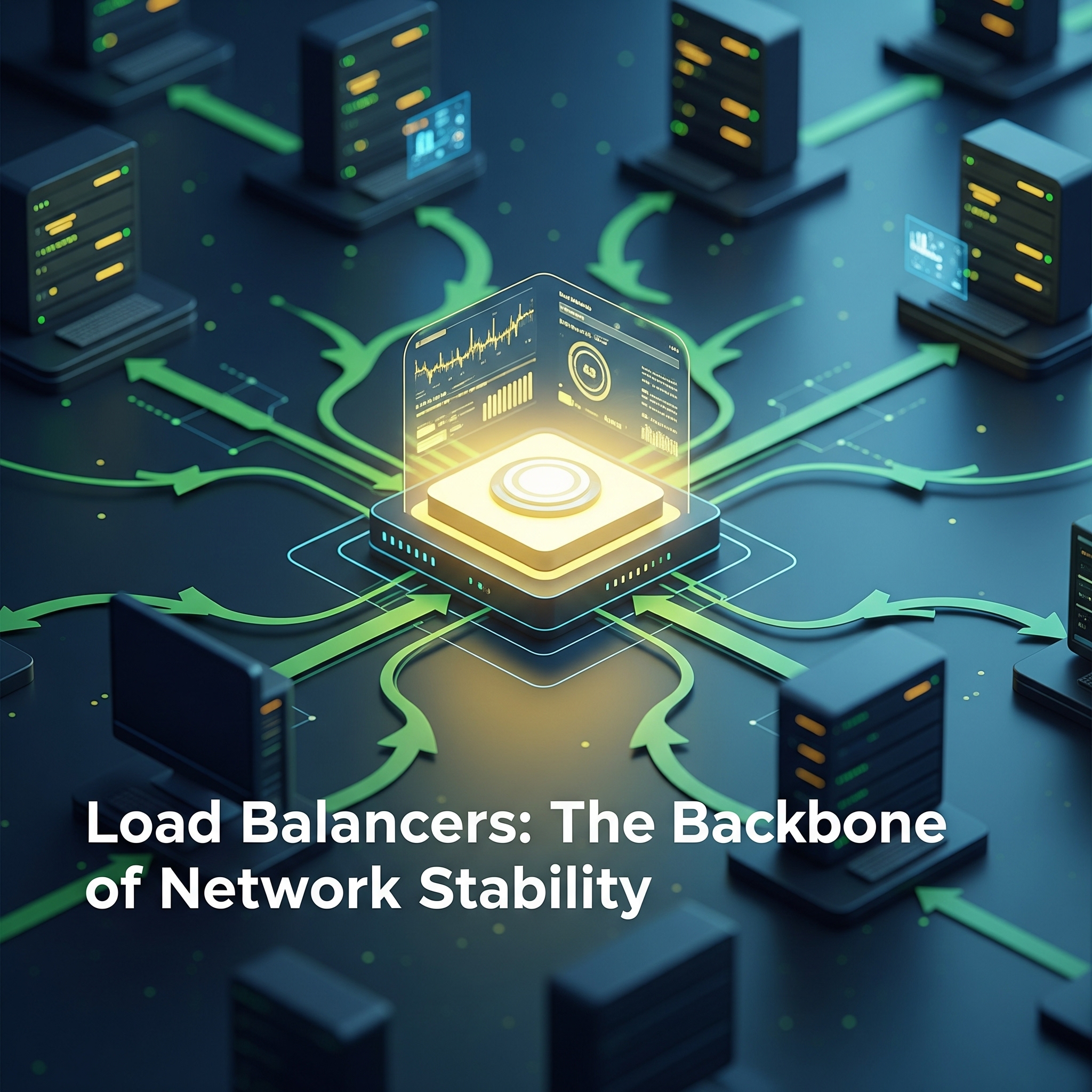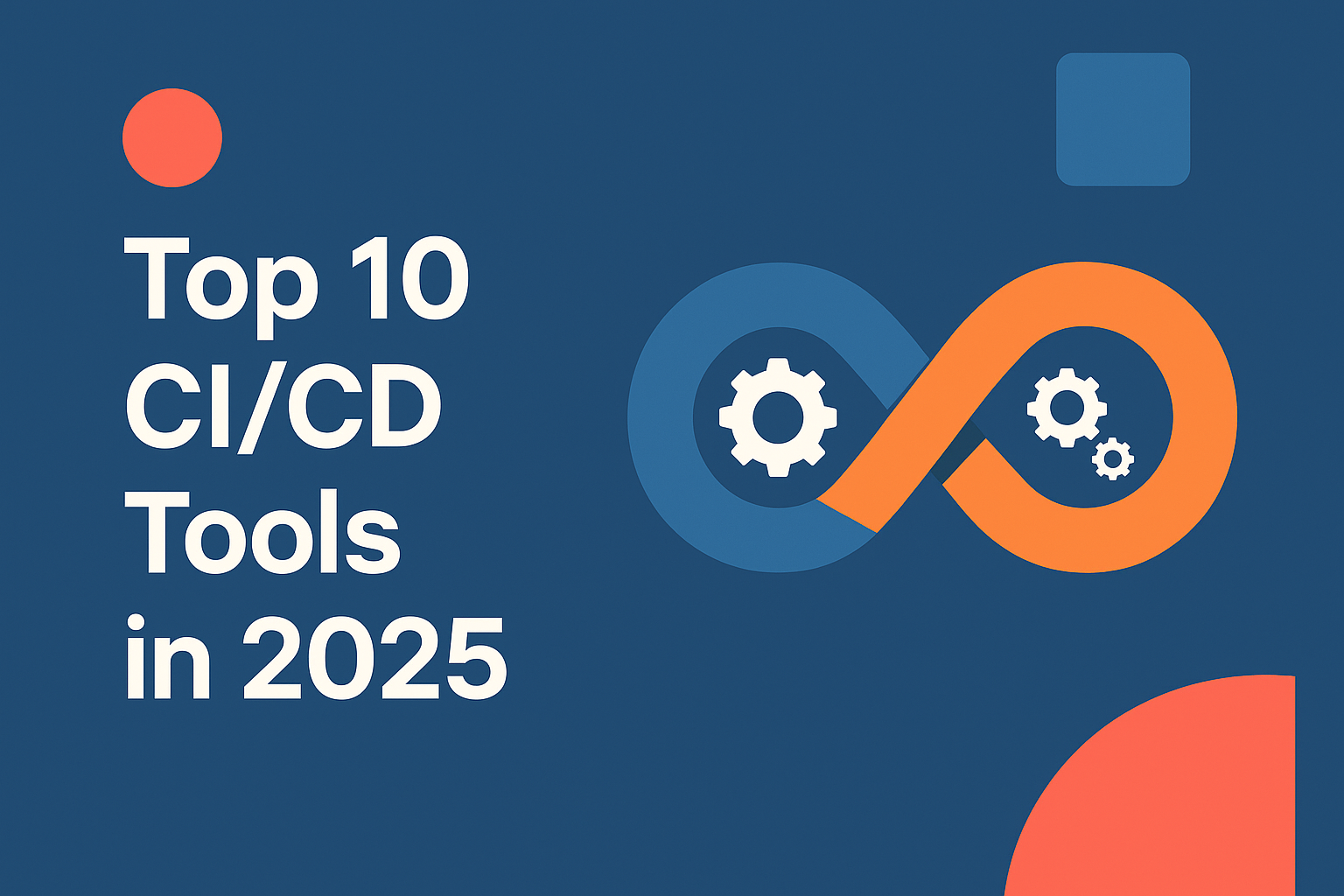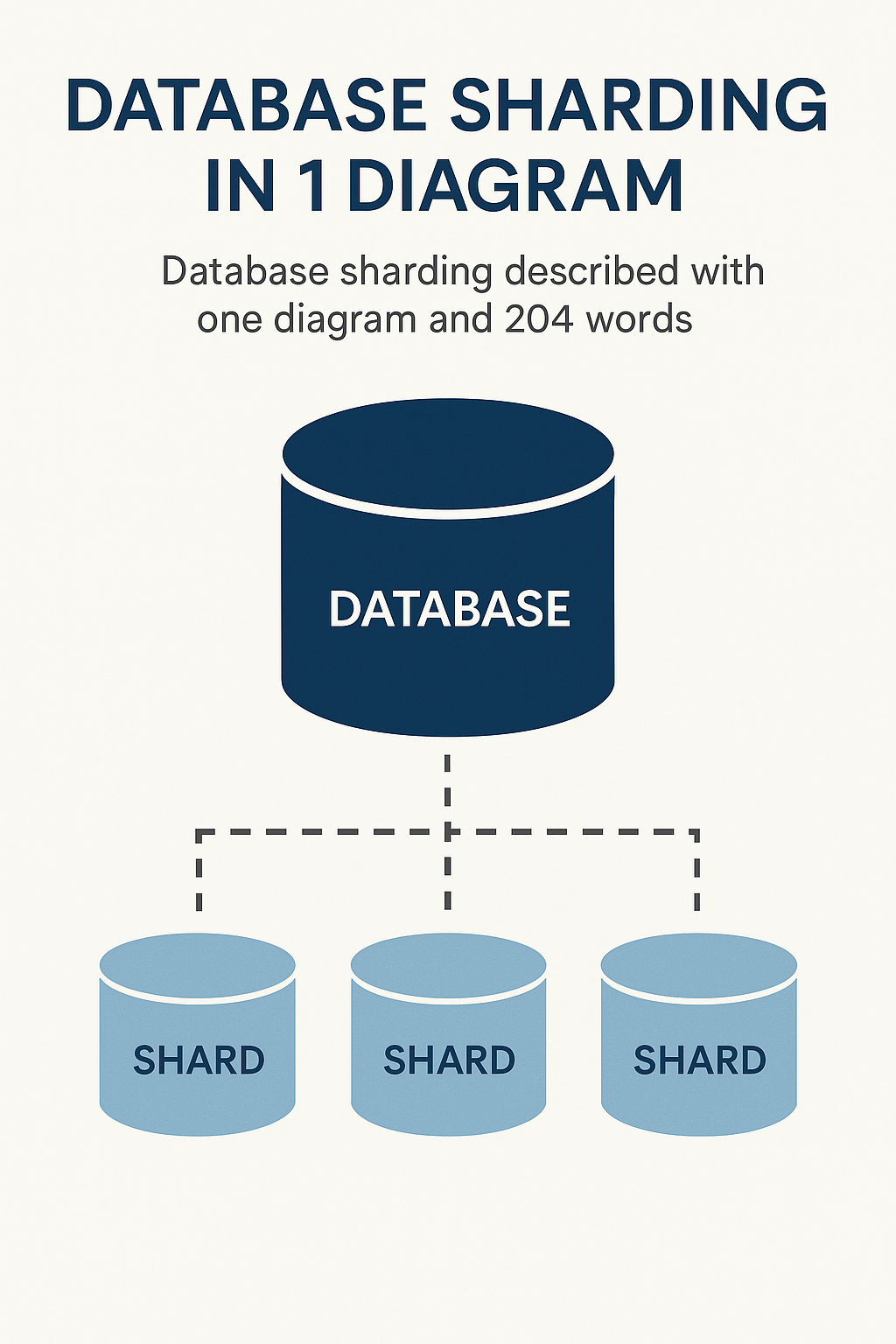Data is the backbone of every modern application, and choosing the right database system is crucial for performance, scalability, and flexibility. In this article, we’ll explore the key differences between SQL (Structured Query Language) and NoSQL (Not Only SQL) databases, including their architectures, advantages, disadvantages, and use cases.
What is SQL?
SQL databases are relational databases that store data in a structured format, using tables, rows, and columns. They follow a predefined schema and use SQL as their primary query language. Examples include MySQL, PostgreSQL, Oracle, and Microsoft SQL Server.
Key Features of SQL Databases:
- Structured Data: Organized in tables with defined schemas.
- ACID Compliance: Ensures data consistency with Atomicity, Consistency, Isolation, and Durability.
- Strong Consistency: Real-time consistency across all nodes.
- Complex Queries: Powerful query language (SQL) for complex joins and data manipulation.
What is NoSQL?
NoSQL databases are non-relational and provide flexible data models for handling unstructured or semi-structured data. They are designed for high scalability and performance, often supporting horizontal scaling. Examples include MongoDB, CouchDB, Redis, Cassandra, and DynamoDB.
Key Features of NoSQL Databases:
- Flexible Schema: Allows dynamic, schema-less data storage.
- High Scalability: Horizontal scaling for distributed systems.
- Eventual Consistency: Prioritizes availability and partition tolerance over strong consistency.
- Variety of Models: Includes key-value, document, column-family, and graph databases.
SQL vs NoSQL: Key Differences
| Feature | SQL | NoSQL |
|---|---|---|
| Data Model | Relational | Non-relational (Document, Key-Value, Column-Family, Graph) |
| Schema | Fixed, predefined | Dynamic, flexible |
| Scalability | Vertical | Horizontal |
| Consistency | Strong (ACID) | Eventual or Strong (depending on configuration) |
| Use Cases | Complex queries, financial systems | Real-time analytics, IoT, big data applications |
Pros and Cons
SQL Databases
Pros:
- Strong data consistency
- Powerful query capabilities
- Mature ecosystem
Cons:
- Rigid schema
- Vertical scalability challenges
NoSQL Databases
Pros:
- High scalability
- Flexible data models
- Faster performance for specific use cases
Cons:
- Weaker consistency (in some cases)
- Limited query capabilities (depending on the model)
When to Use SQL vs NoSQL
Use SQL When:
- You need complex queries and transactions.
- Data integrity and strong consistency are critical.
- Your application has a well-defined schema.
Use NoSQL When:
- You need to handle large volumes of unstructured or semi-structured data.
- Horizontal scaling is a priority.
- You expect rapid, iterative development.
Conclusion
Choosing between SQL and NoSQL depends on your specific application requirements. Understanding their strengths and weaknesses will help you make an informed decision, ensuring your database aligns with your scalability, flexibility, and performance goals.
Image for Better Understanding
Both SQL and NoSQL have their place in the modern data landscape, and the right choice often depends on the nature of your data and the goals of your application.



